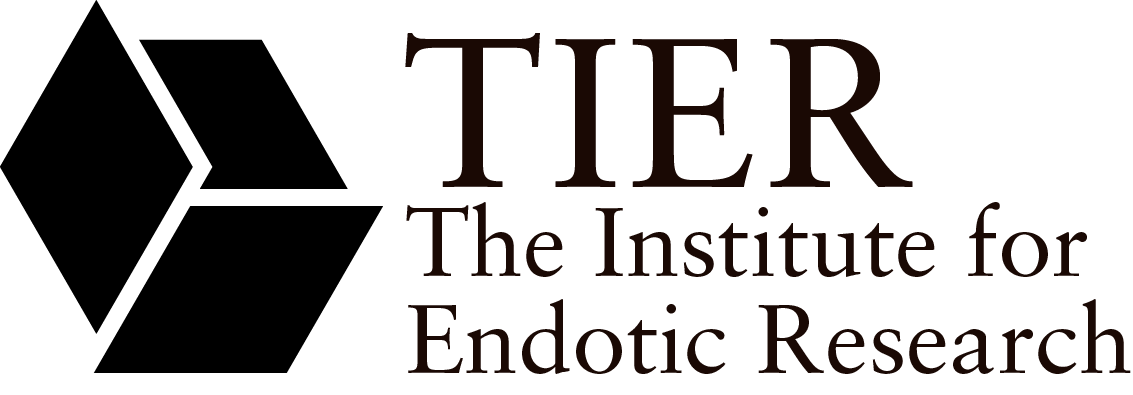Notes on Bureaucracy
Notes on Bureaucracy is an ongoing program of encounters at The Institute for Endotic Research.
The project researchs about how reality is modulated through legal constructs. One of the first membranes that regulate social relationships is made of bureaucracy. The way that institutions organize life has been discussed since the very roots of the constructions of modern states. Harun Farocki has compared the edition of a movie with the construction of laws, recalling the writing of Kafka. He argued atht if a movie composed its reality though montage, in the reality bureaucracy composes life though a montage of documents. Understanding the complexities that compose our quotidian through the production of reality that every bureau does, one can imagine the possibilities of changing reality through the intervention on its regulations through poetic and politic gestures.
Here you can see the list of encounters that took place already:
– 23.05.16. Sergio Zevallos: A brief history of Berlin TempsTEMPS – space support for nomadic projects. The Illegal use of conventional flats.

The evening aims to explore domestic environments as possible models for institutions, taking ‘Berlin Temps’ developed by Zevallos as a case study to discuss radical ideas of the use of private spaces. TEMPS was a room with balcony in a renovated 3bd apartment that offered a temporary residence for projects with unpredictable outcome. The evening will end with a choral approach between private and public conceptions.
About Sergio Zevallos
The first performance in which I took part was to be born in the best hospital of Lima, when my mother achieves to be admitted illegally to emergencies. This is a key term in long stretches of my live itinerary because then started the states of emergency of the 70s and 80s. I think this was the beginning of a feeling to be uprooted. I was co-founder of the Grupo Chaclacayo and came with them to Germany in 1989, then we split, then I moved to Berlin where I live since 1995. I am nomad and often change places and artistic disciplines. I started with drawings, afterwards I did performances, photography, installation, writings, mixing everything. My work remains in continual development, as a construction area. This is also because I deal with topics of transcultural identity, genre and the contradictions in the relation between individuals and power, or between private and public spheres. It is difficult for me to separate art practice from lovers. With both I am a self-taught person and passional. My exhibitionism has led me to show my work, my body and my ideas in institutions, streets and public spaces, which are not necessarily cultural-related.
Zevallos has exhibited in institutions such as Proyecto AMIL, Lima; El Palomar and MACBA, Barcelona; Galería Espai Visor, Valencia; 31st Sao Paulo Biennial, Sao Paulo; Württembergischer Kunstverein, Stuttgart; Museo de Arte de Lima MALI y Centro Cultural de España, Lima, to name a few of a very extensive list.
**************************************
– 22.02.16. Having as a starting point for debate the project The Imaginary School Program, TIER: Notes on Bureaucracy hosts an evening to discuss about possible strategies to develop independent pedagogic projects.

The Imaginary School Program was an eight-month practice-based theory program running from October 2014 to May 2015, initiated by Beirut. The curriculum focused on institutions and forms of organizing (including collectives, non-movements, informal groups, etc.) in Cairo, and comprised a series of workshops, lectures, fieldtrips, reading groups, and other hybrid activities. The program created a space for reflection and critical thinking on radical institution-building and examined how we understand institutions and their political potential. In this way, ISP functioned as a kind of institutional clinic by closely scrutinizing a select number of existing organizations, placing emphasis on different ways of learning, organizing and sharing knowledge.
The ISP was a project by Beirut, directed by Antonia Alampi with the assistance of Lotta Shaefer and the counseling of Farida Makar, and its curriculum was curated by Amr Abdelrahman, Jasmina Metwaly, and Beirut.
